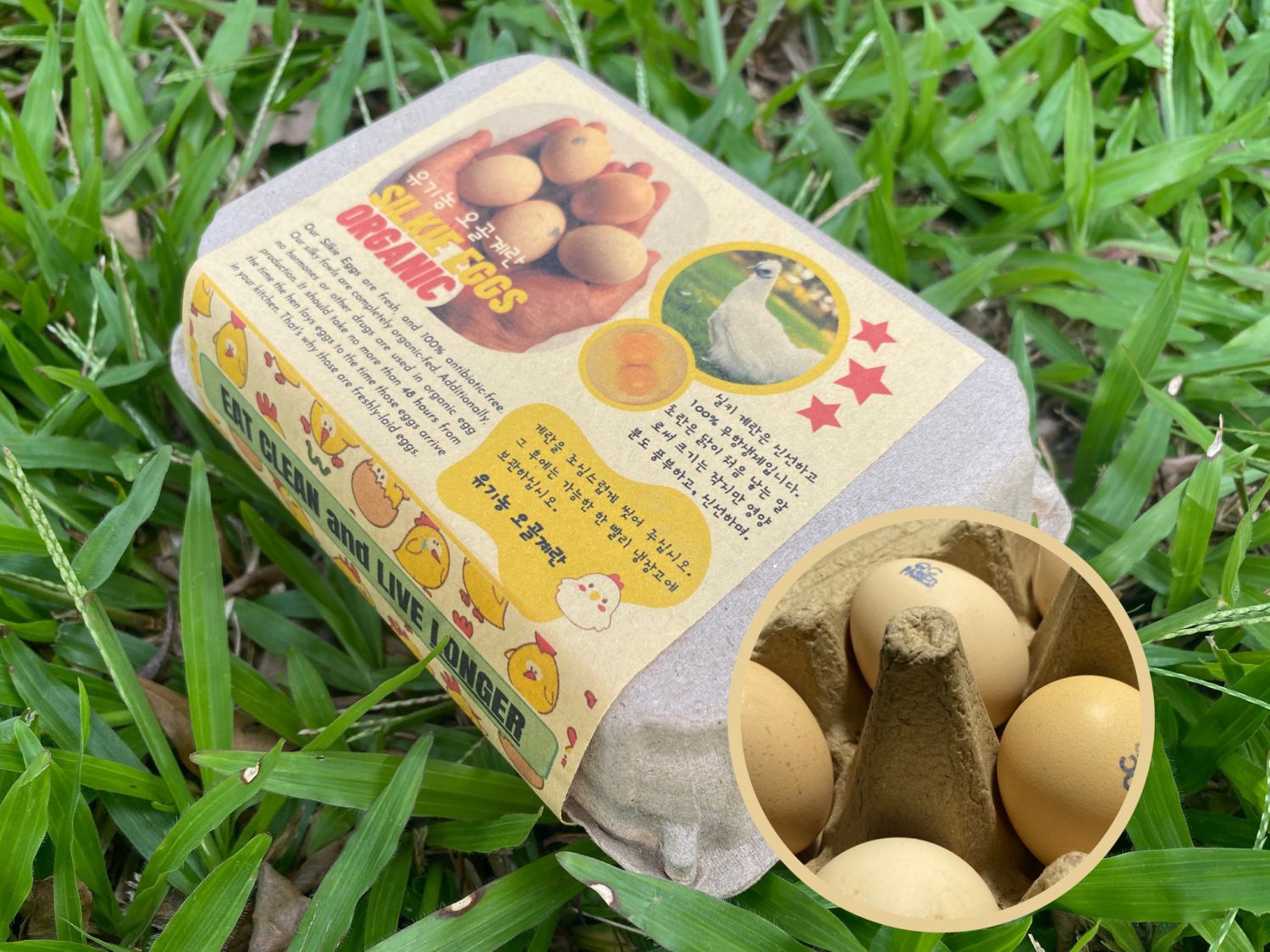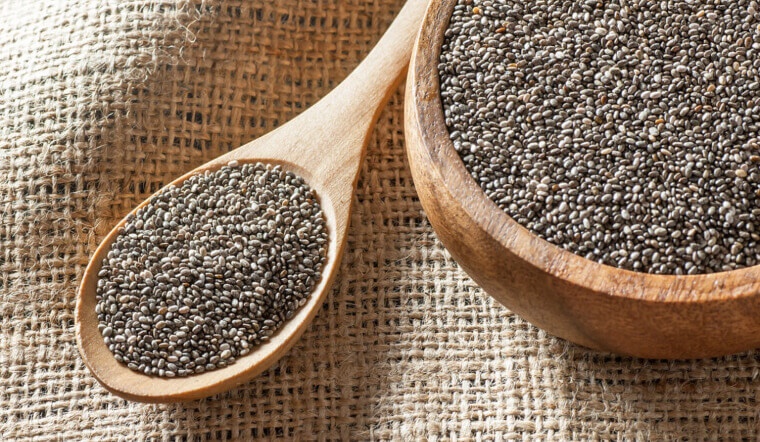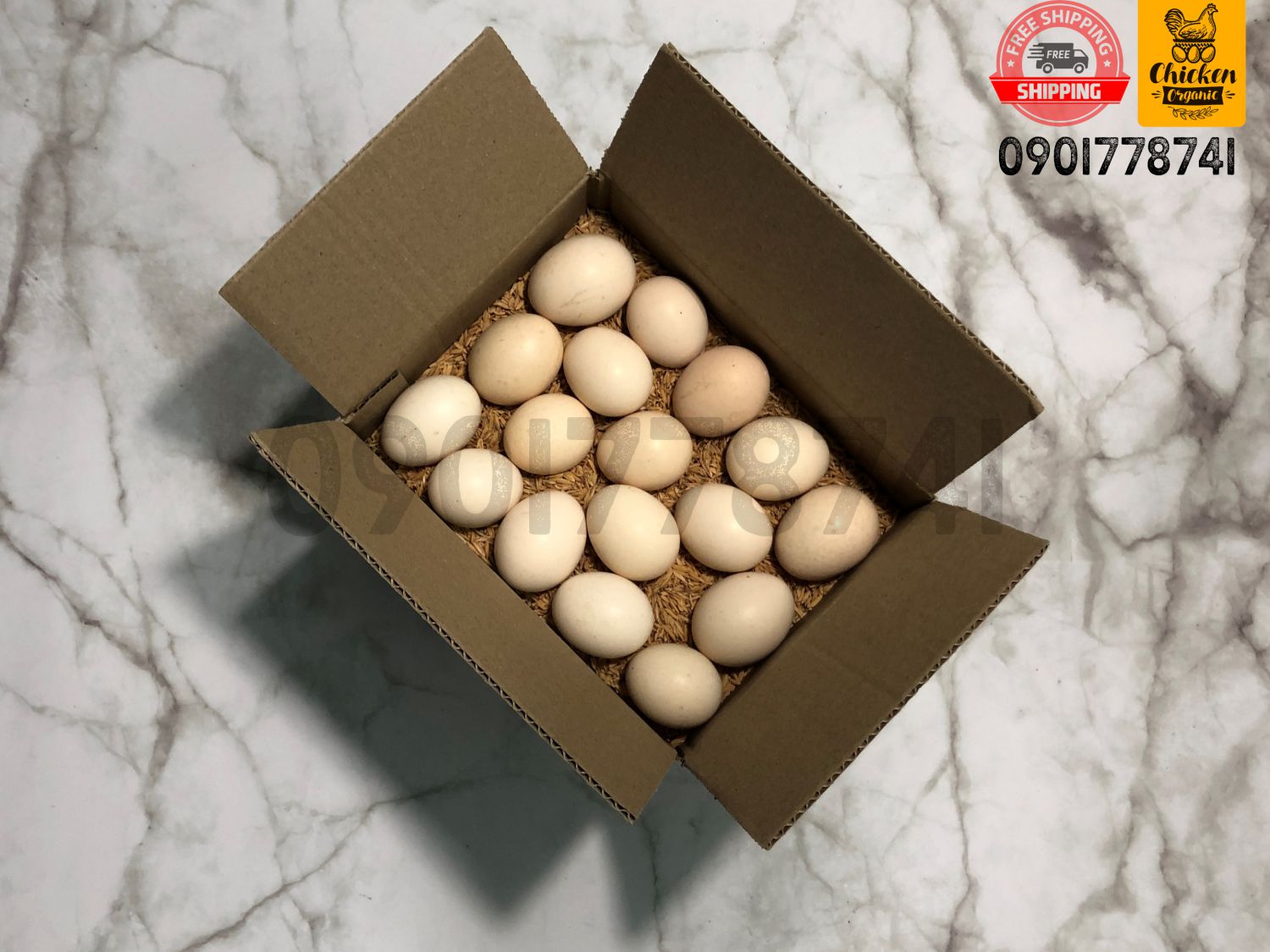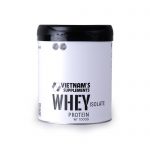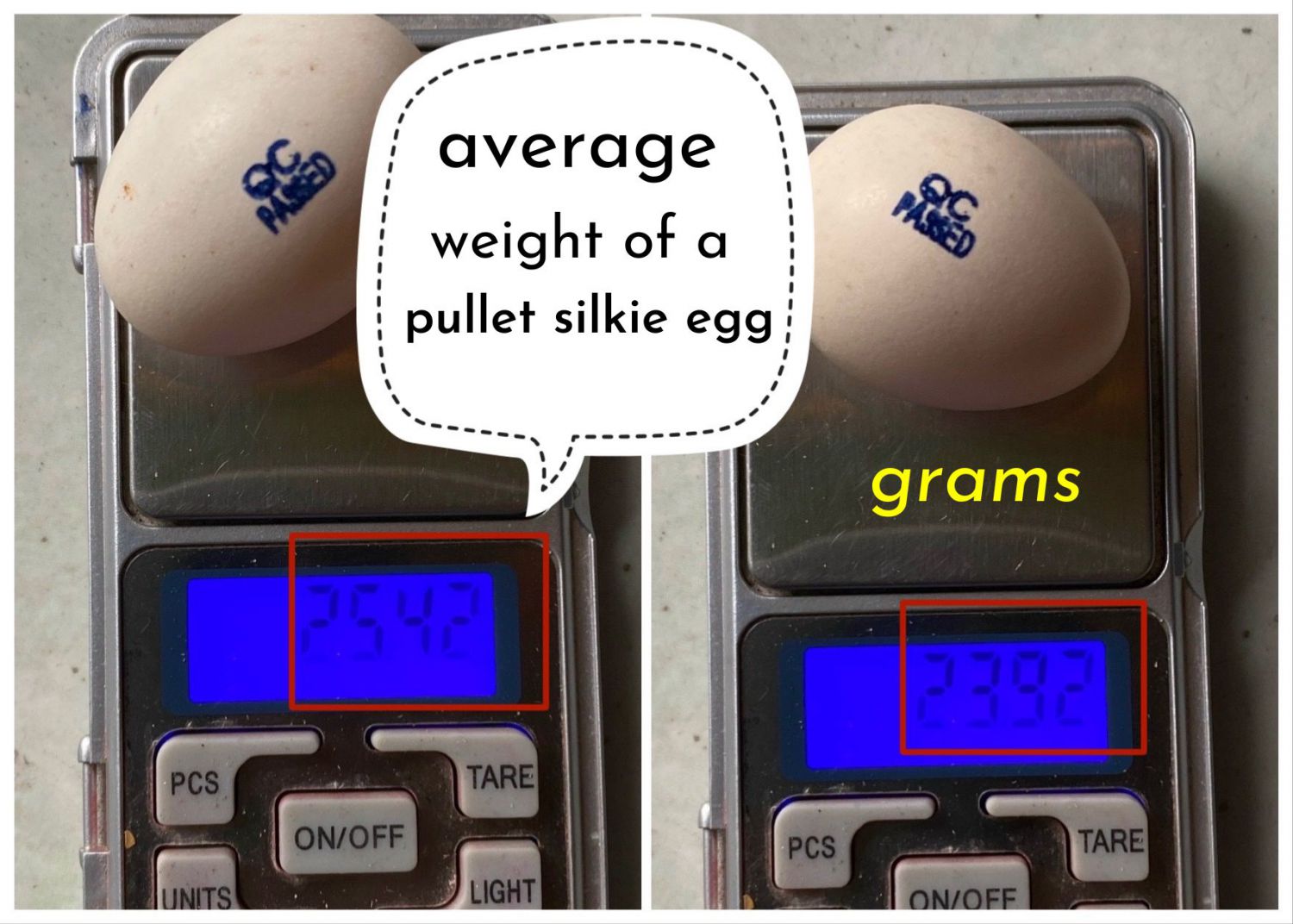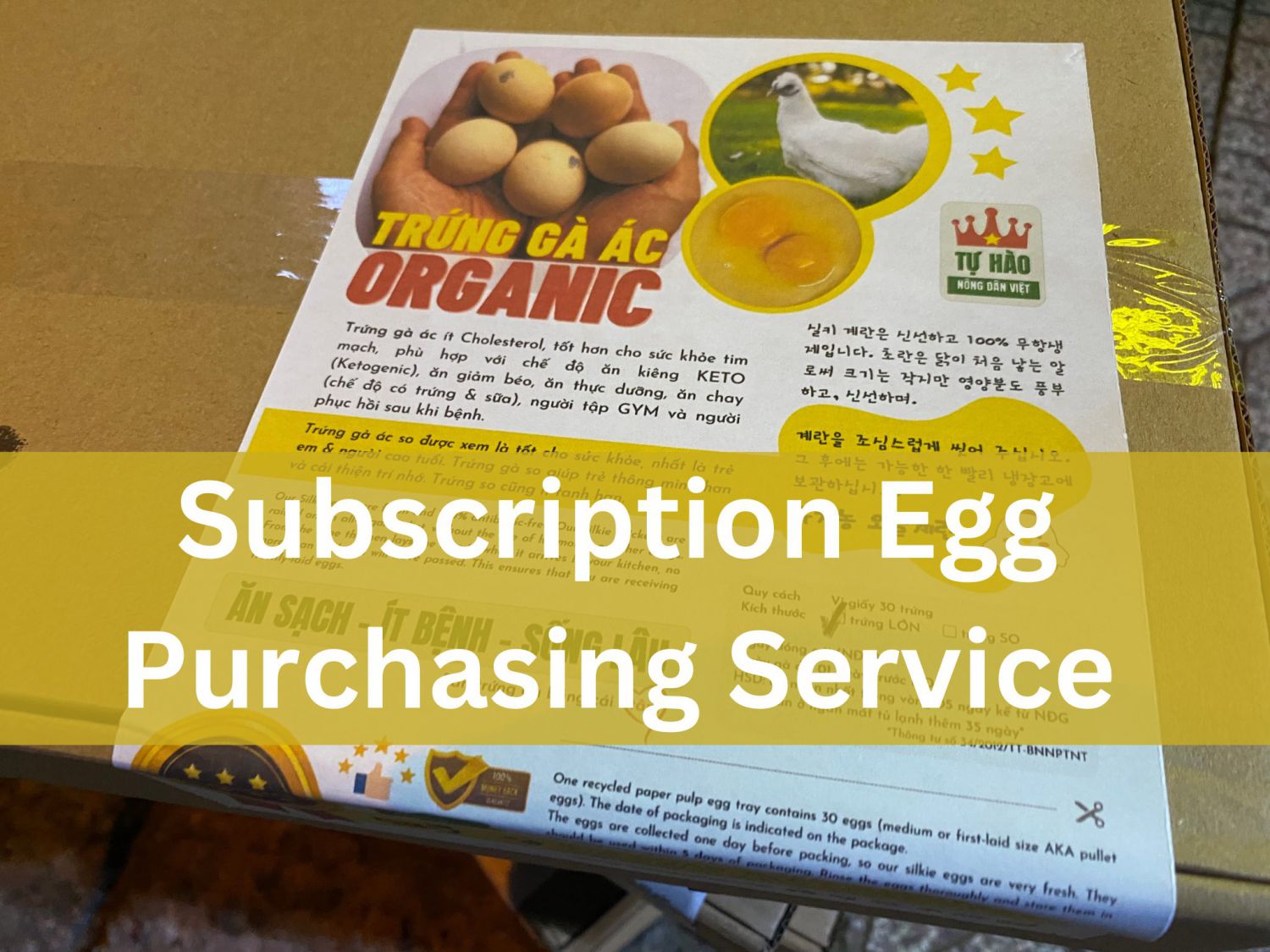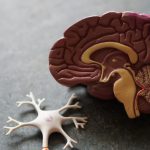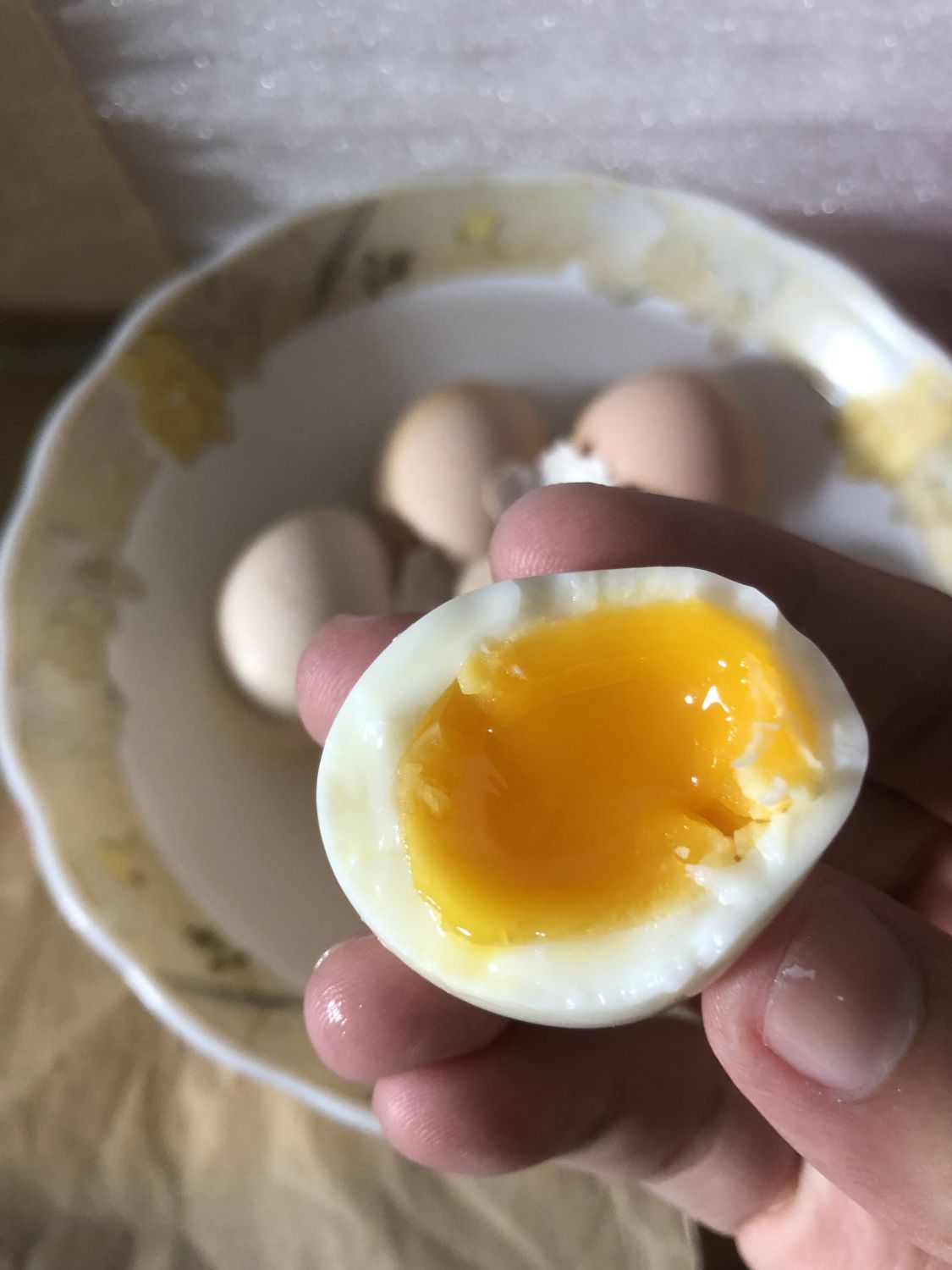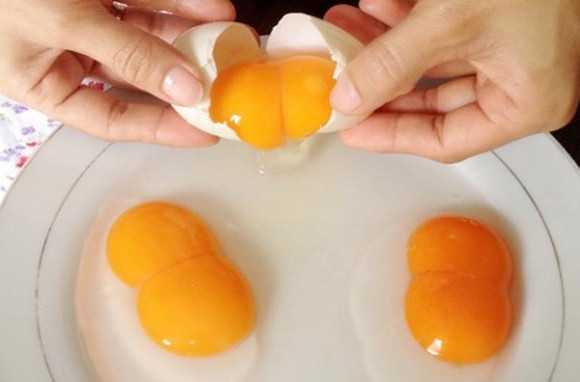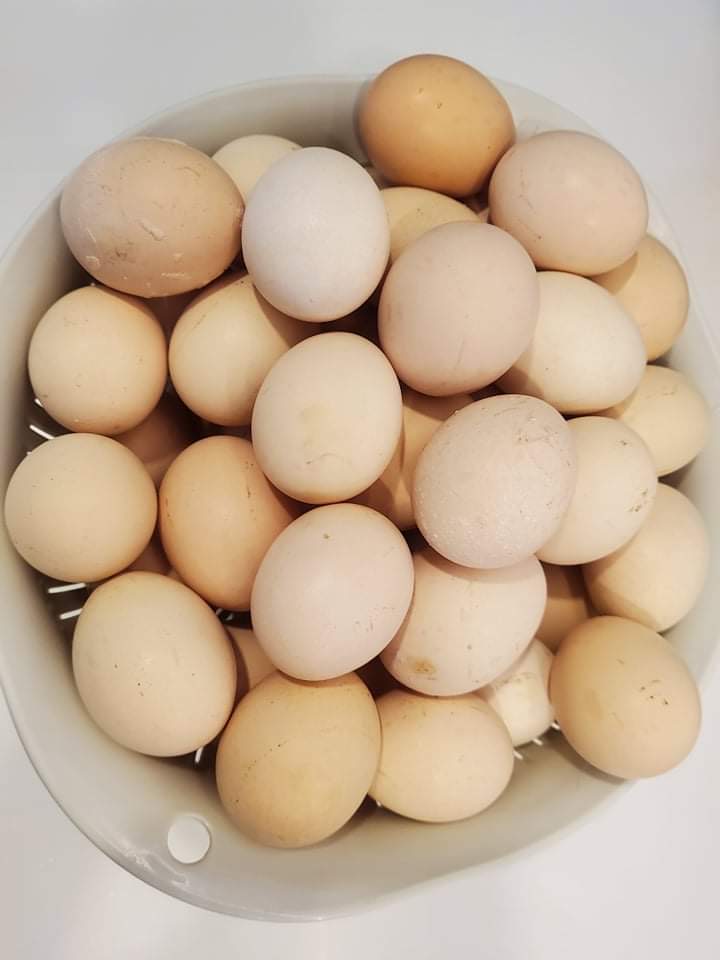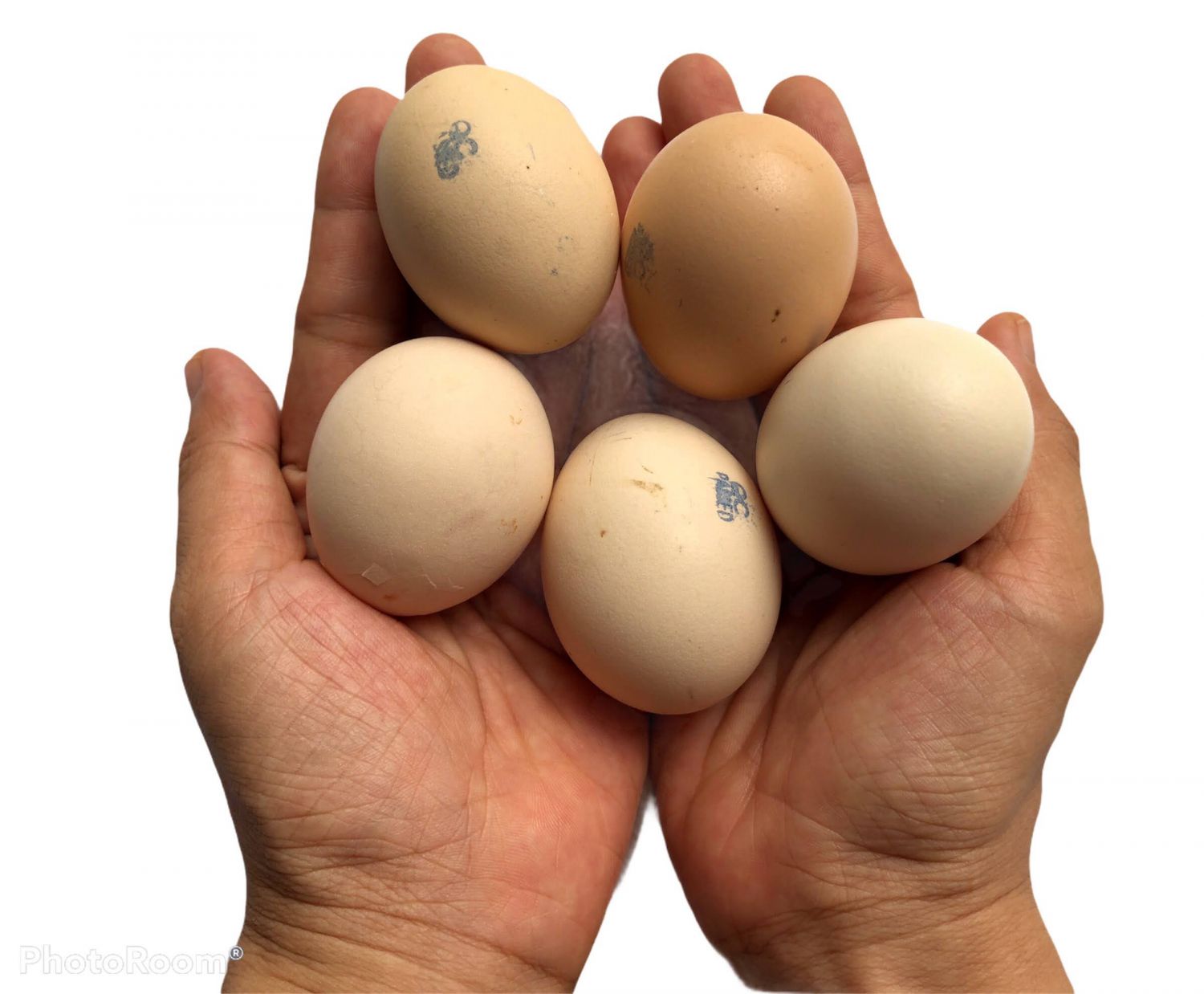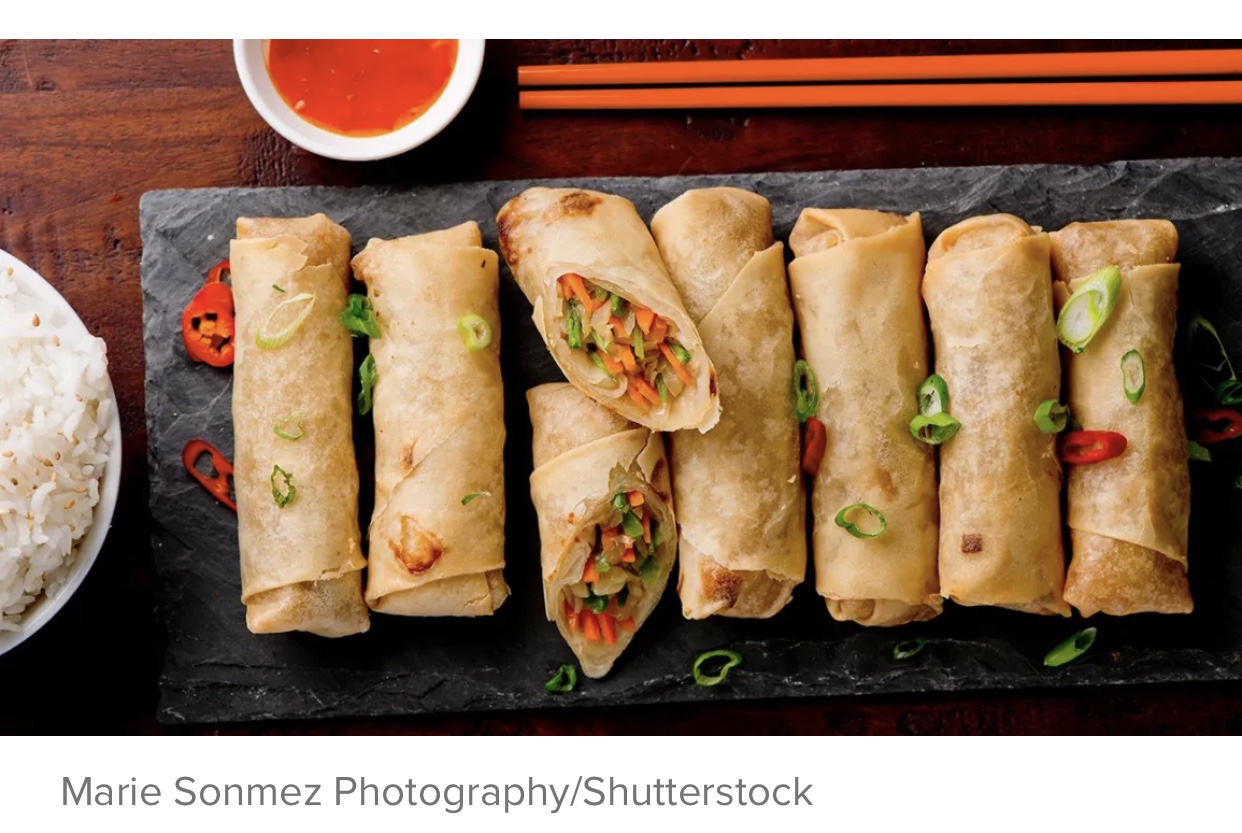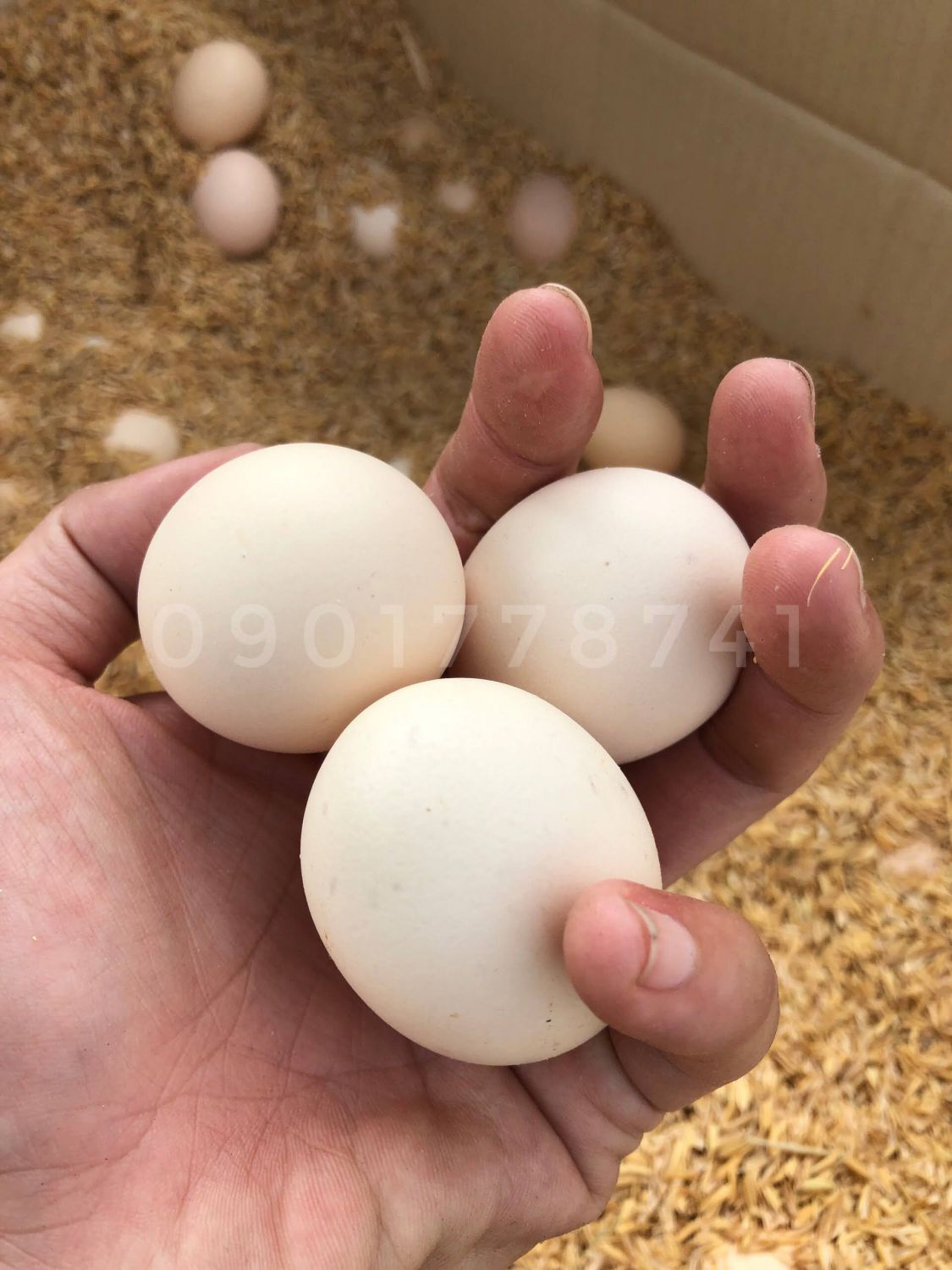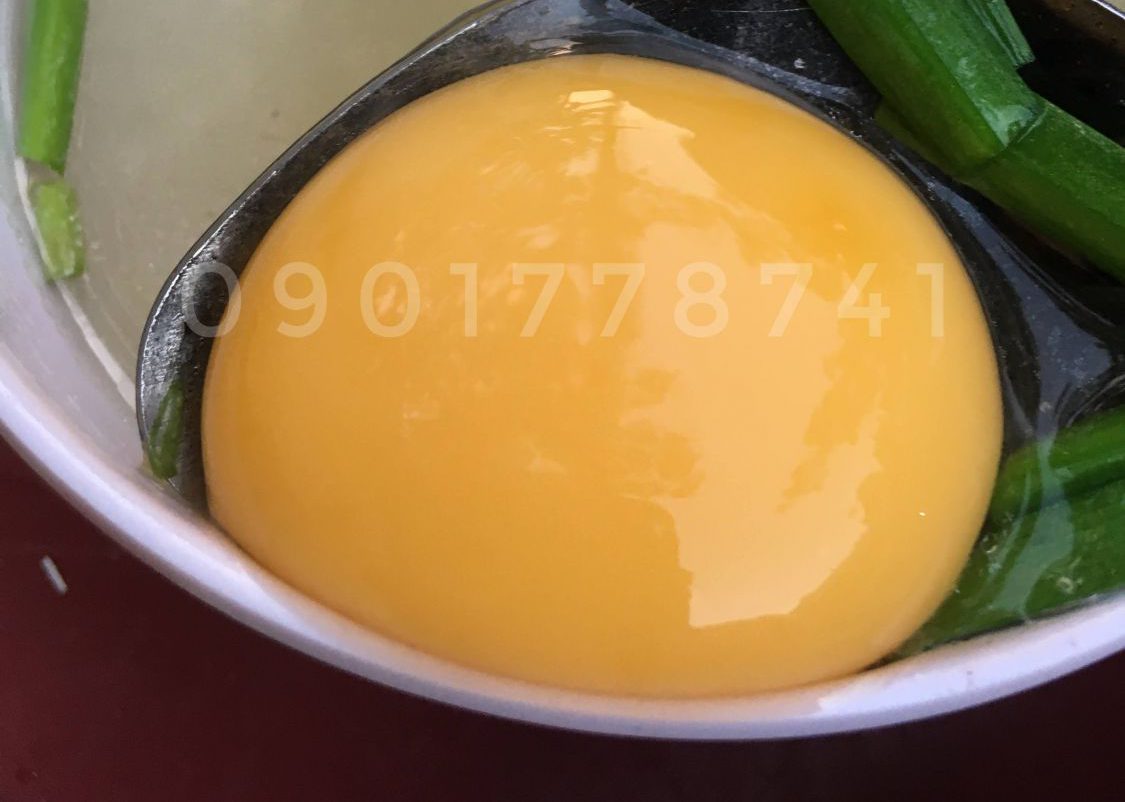Omega-3 fatty acids are an important aspect of our diet and are crucial for maintaining good health. These essential nutrients can be found in a variety of foods, including silkie eggs and chia seeds, which are considered to be two of the richest sources of this important nutrient.
Đọc bài tiếng Việt tại đây.
Chia Seed vs. Silkie Eggs: A Nutritional Comparison
| Nutrient | Chia Seed | Silkie Egg |
| Omega-3 Fatty Acids | Alpha-Linolenic Acid (ALA) | EPA and DHA |
| Health Benefits | Supports overall health and well-being | Supports regulation of inflammation, heart health, and brain function |
| Source of Protein | Yes | Yes |
| Source of Fiber | Yes | No |
| Environmental Impact | Low (requires fewer resources to grow) | Moderate (requires resources for livestock) |
| Versatility | Can be added to smoothies, baked goods, and salads | Can be boiled, fried, scrambled, or added to salads |
Omega-3 in silkie eggs
Silkie eggs, also known as “beauty eggs,” are unique and stand out from regular chicken eggs. They contain high levels of antioxidants and vitamins, which help to promote healthy skin, hair, and nails. In addition to this, they are also rich in EPA and DHA, the two most important types of omega-3 fatty acids. These fatty acids have been linked to numerous health benefits, such as reducing inflammation, improving heart health, and supporting brain function.
Silkie eggs are also very versatile and can be easily incorporated into your daily diet. They can be boiled, fried, scrambled, or added to a salad for a nutritious and delicious addition to any meal.
Omega-3 in chia seeds
Chia seeds, on the other hand, are a staple in many health-conscious diets. They are rich in nutrients, including omega-3 fatty acids, and are a convenient option for those looking to improve their diet. Chia seeds are also an excellent source of fiber, which helps regulate digestion and promotes feelings of fullness. Furthermore, they are a good source of protein, making them an ideal option for those who are looking to add more plant-based protein to their diet.
In terms of sustainability, chia seeds have a positive impact on the environment as they do not require large amounts of land, water, or other resources to grow. They are also easy to store and have a long shelf life, making them a convenient option for those who are looking to stock up on healthy foods.
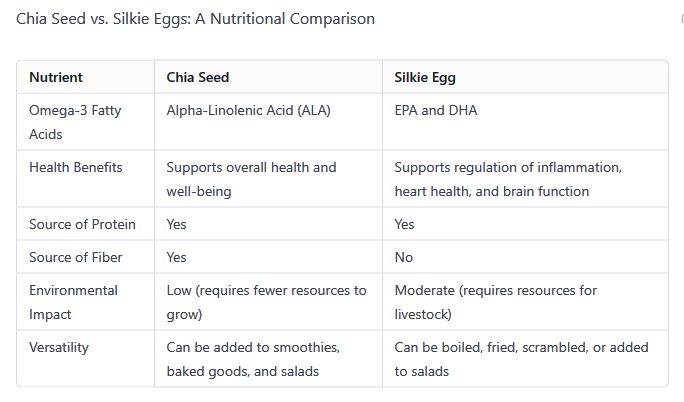
Chia Seed vs. Silkie Eggs: A Nutritional Comparison
The omega-3 fatty acids found in chia seeds and silkie eggs differ in terms of composition and specific benefits. Chia seeds are rich in alpha-linolenic acid (ALA), which is a type of omega-3 fatty acid that cannot be produced by the body and must be obtained through diet. ALA is converted into the more active forms of omega-3 fatty acids, EPA and DHA, which are involved in a wide range of bodily functions. On the other hand, silkie eggs contain both EPA and DHA, which are the most active forms of omega-3 fatty acids. These types of fatty acids are directly involved in the regulation of inflammation and the promotion of heart health, as well as supporting brain function and the development of the nervous system.
In conclusion, both chia seeds and silkie eggs can offer health benefits due to their omega-3 content, but they offer different forms and amounts of the nutrient. It’s recommended to consume a variety of foods rich in omega-3 fatty acids to ensure adequate intake and maximize health benefits. Whether you’re looking to add more plant-based protein to your diet or you’re looking for a direct source of EPA and DHA, both chia seeds and silkie eggs are excellent options that should be considered as part of a healthy and balanced diet.
